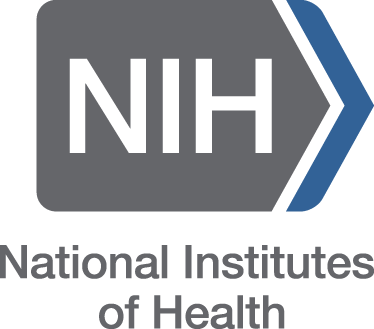Loneliness and Isolation
Everyone feels lonely now and then. Anyone can experience loneliness and isolation. Many factors can contribute to a person feeling lonely. These include the quality of your personal relationships, your community, and society in general. Your personal health, life stage, and personality can also have an impact.
There’s a difference between social isolation and loneliness, but the two are related. Social isolation means you have few connections or contacts with others. Loneliness has to do with how you feel about being alone, or your perception. Both loneliness and social isolation can be harmful to health. Even people who feel OK about being socially isolated are at increased risk for poorer health.
Despite the links between our social ties and health, there’s been a troubling increase in social disconnection around the world. About 1 in 3 adults nationwide report feeling lonely. About 1 in 4 say they lack social and emotional support.
(Selections from Build Social Bonds to Protect Health | NIH News in Health)
 Discover MedlinePlus
Discover MedlinePlus
MedlinePlus is a service of the National Library of Medicine, the largest biomedical library in the world. Use MedlinePlus.gov anywhere, anytime, on any device - for free - to discover high-quality health and wellness information that is reliable, easy to understand, and free of advertising, in both English and Spanish.
A few articles from MedlinePlus Magazine:
- Stay connected: Tips from the National Institute on Aging for combating social isolation and loneliness
- Become your healthiest self with NIH’s Wellness Toolkits
- How to cope with the stress of social isolation
Discover NIH
 The National Institutes of Health (NIH), a part of the U.S. Department of Health and Human Services, is the nation’s medical research agency — making important discoveries that improve health and save lives. NIH is made up of 27 Institutes and Centers, each with a specific research agenda, often focusing on particular diseases or body systems.
The National Institutes of Health (NIH), a part of the U.S. Department of Health and Human Services, is the nation’s medical research agency — making important discoveries that improve health and save lives. NIH is made up of 27 Institutes and Centers, each with a specific research agenda, often focusing on particular diseases or body systems.
The NIH News in Health highlights the power of personal connection in this article Build Social Bonds to Protect Health including tips for connecting in the Wise Choices section.
Your Healthiest Self-Toolkits from the National Institutes of Health cover a variety of topics including Social Wellness.
In addition to flip cards, you can find fact cards, recommendations for communities and organizations, and more resources to support individuals, families, and communities.
While anyone can feel isolated or lonely, the National Institute on Aging has some great resources for everyone. The National Institute on Aging (NIA) was established in 1974 to improve the health and well-being of older adults through research. The NIA leads a broad scientific effort to understand the nature of aging and to extend the healthy, active years of life. NIA conducts and supports genetic, biological, clinical, behavioral, social, and economic research on aging and the challenges and needs of older adults.
- Social Isolation and Loneliness Outreach Toolkit
- Loneliness and Social Isolation — Tips for Staying Connected
- Social isolation, loneliness in older people pose health risks
Discover More
The National Center for Chronic Disease Prevention and Health Promotion (NCCDPHP) of the Centers for Disease Control and Prevention (CDC) provides information about the health impacts of loneliness and isolation as well as tools to promote social connection. This resource called How Right Now provides specific ideas to support social connection as well as resources to get help including links to 24/7 support
More articles and tools:
- Social Connection
- Health Effects of Social Isolation and Loneliness
- Promoting Social Connection supports communities
Find background and resources with specific tips across the lifespan including for parents:
Resources for children:
- What to Do When You Feel Lonely (for Kids) | Nemours KidsHealth
- How Can Social Connection Help Kids & Teens Feel Less Lonely? (for Parents) | Nemours KidsHealth
NNLM webinar Social Connectedness and Improving the Health of Rural Communities part of the NNLM Rural Health Webinar Series, provides an overview of the impacts of loneliness and social isolation on health, risk factors for social isolation, and possible community and health interventions which may improve social connection and health of rural community members.
The Rural Health Information Hub (RHI hub) is funded by the Federal Office of Rural Health Policy to be a national clearinghouse on rural health issues. RHI hub supports healthcare and population health in rural communities. Learn about how rural areas are impacted by loneliness and social isolation and some promising practices:
Featured Books
-
Title: Loneliness and CompanyPublisher Bloomsbury PublishingYear published 2024Book image

-
Title: Seek YouPublisher Pantheon BooksYear published 2021Book image

-
Title: TogetherPublisher Harper WaveYear published 2020Book image

Terms of use: Network of the National Library of Medicine (NNLM) staff offer these health discussion resources for educational use. The materials included do not necessarily reflect the views or opinions of the author, publisher, or the sponsoring agencies of the National Library of Medicine (NLM) and the National Institutes of Health (NIH).

